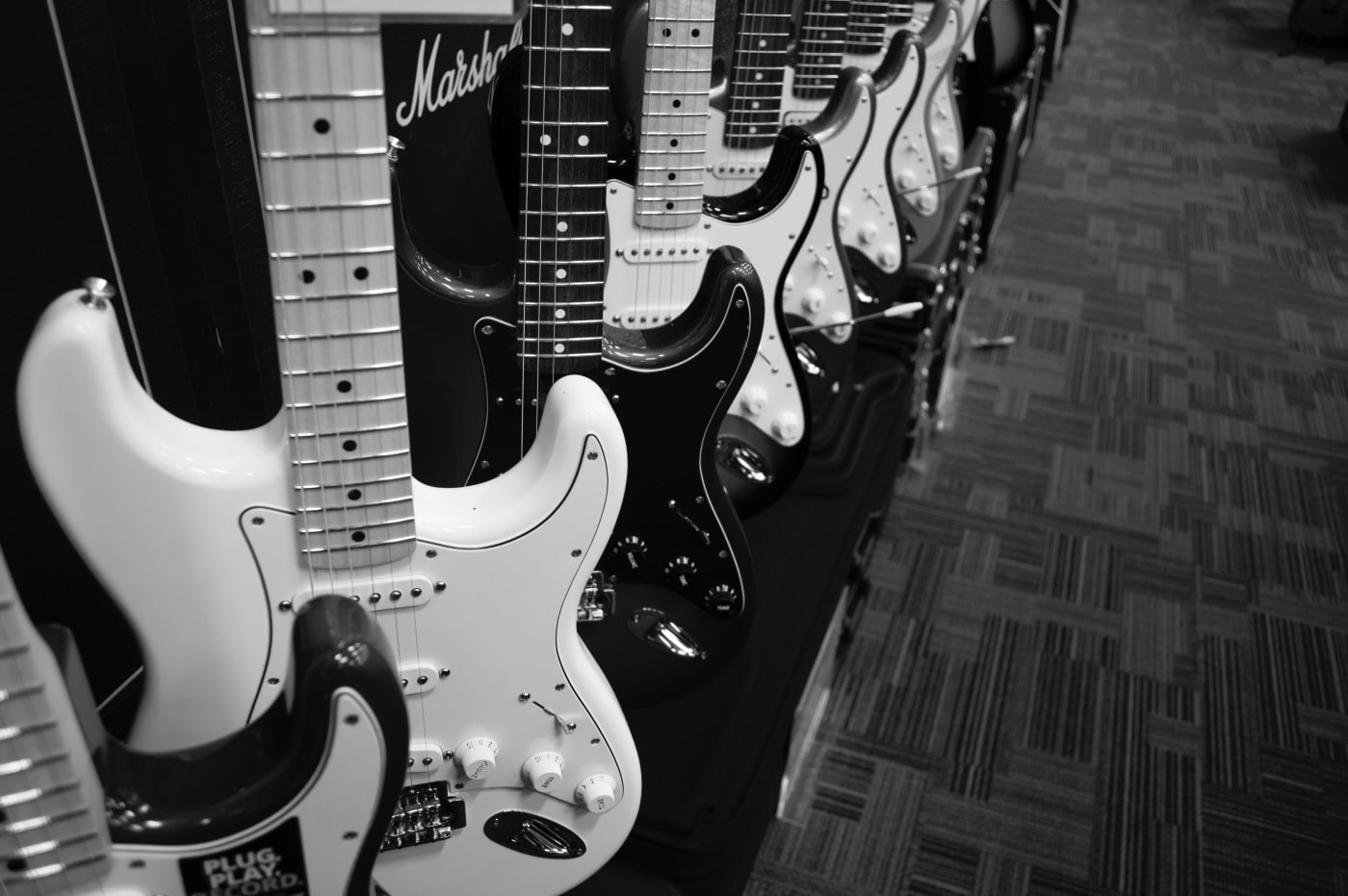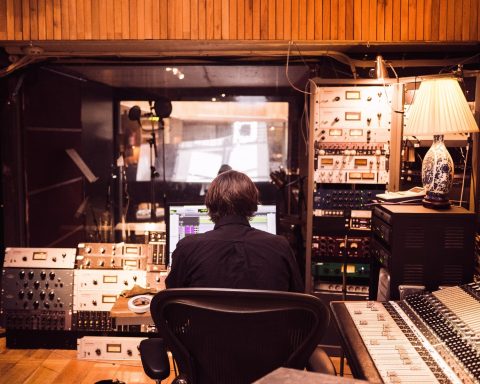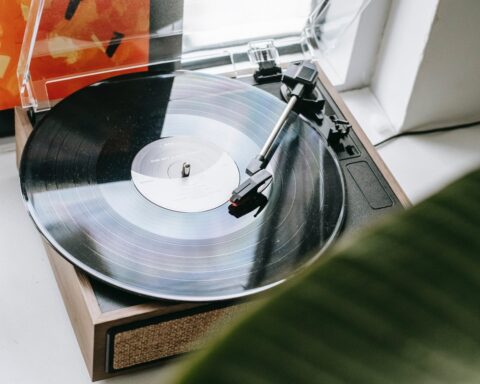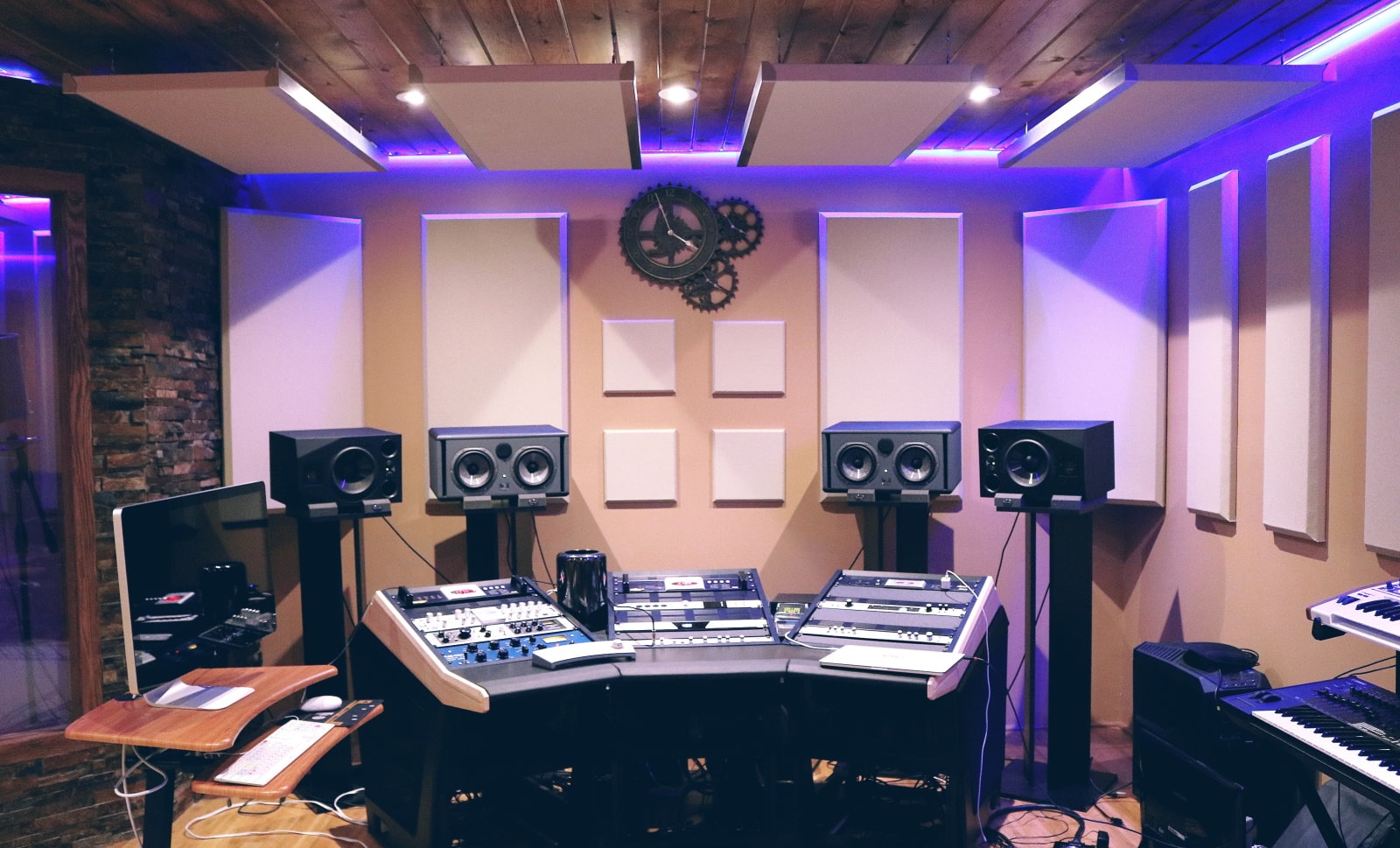Guitars are one of the most important instruments in the music industry. They can make or break a song or even a live concert. There are countless songs that we memorize by their guitar alone. However, guitars can be really expensive especially if they are of high quality. To master playing guitar, you not only need to practice all the time but also set up the guitar well. Many artists want to take their performance with the guitar to the next level, but they don’t have the money to buy a new one. Fortunately, you don’t need to break the bank to make your guitar sound better, as the following tips will show you.
Pick A Good Pick
The tone of your guitar is affected by the choice of the pick. Experienced guitarists usually carry with them a handful of picks for every occasion. Heavy picks are excellent for single-note picking while lighter ones are suitable for strumming. It is an affordable way to fine-tune your guitar to your liking and find the right pick for your style. If for any reason you want to switch the style, all you need to do is experiment with different picks till you find what you are looking for.
Strings Change the World
When looking at strings, you need to consider the thickness and their material as they can make a difference. Using .10 gauge strings will give you more sustain than .09 ones. Round wound strings are excellent when you play rock, blues, or country as they give your tone more spank and brightness. On the other hand, jazz players usually opt for flat wound strings. Changing your guitar strings can cost you as low as $5. If you know you have the right strings but they are not performing up to standard, then you might consider replacing them as they will sound corroded and dull when they are old.

Get In the Loop
While looper pedals don’t have a direct effect on your guitar tone, they can improve the overall performance considerably. They also open new possibilities with your guitar that you can’t achieve otherwise. To spark your creativity, you can use a looper pedal to add rhythm tracks, several looped phrases, time signature changes, stereo sound, and built-in effects to your performance. You can make your audience feel you have a full backing band by using looped phrases to build up the song gradually. When you are practicing alone, the looper can assist you in repeating a rhythm to know how it will sound with the rest of the track.
Pick Up Your Guitar
Pickups are devices that convert the vibrations of guitar strings into electronic signals that travel through the amplifier and produce lovely electric sounds. However, overwound pickups can ruin your performance, especially if you play loud tunes, as they can muddle your sound. If you need to strike the right balance between clarity and volume, you might look for lower-output pickups. Fiddle with your pickup settings to get the sound quality you want. Start by balancing the volume of the 1st and 6th strings. There are various types of pickups, so choose the one that fits your playing genre. For example, if you play country or pop music, you should get a single-coil pickup, and if you are into hard rock or heavy metal, then humbucker pickups are the right ones for you.

Pay Attention to Cables
Some musicians might not give enough attention to their cables and wonder why they can’t reach the tone they want. Cables are similar to any other product as the higher the quality, the better the performance. If you are using low-grade cables, try switching to mid-grade ones and you will be able to hear the difference yourself. High-quality cables might be more expensive but if you have the money to spare, you should invest in them. Additionally, the length of the cable will affect the sound of your guitar. Higher frequencies are lost when the cable is long which can change the tone entirely, so get short cables yet not too short so they won’t restrict your movement.
These small modifications can change how your guitar sounds for the better. You don’t need to splash your cash on a new guitar, as the answer to your problem may be in a different pick or new strings. Practice makes perfect, and that’s why you need to practice more and unplug to hear all the sloppy or uneven tones. Experiment with your gear to achieve the sound you want, and sometimes all you need to do is add or replace some devices.














